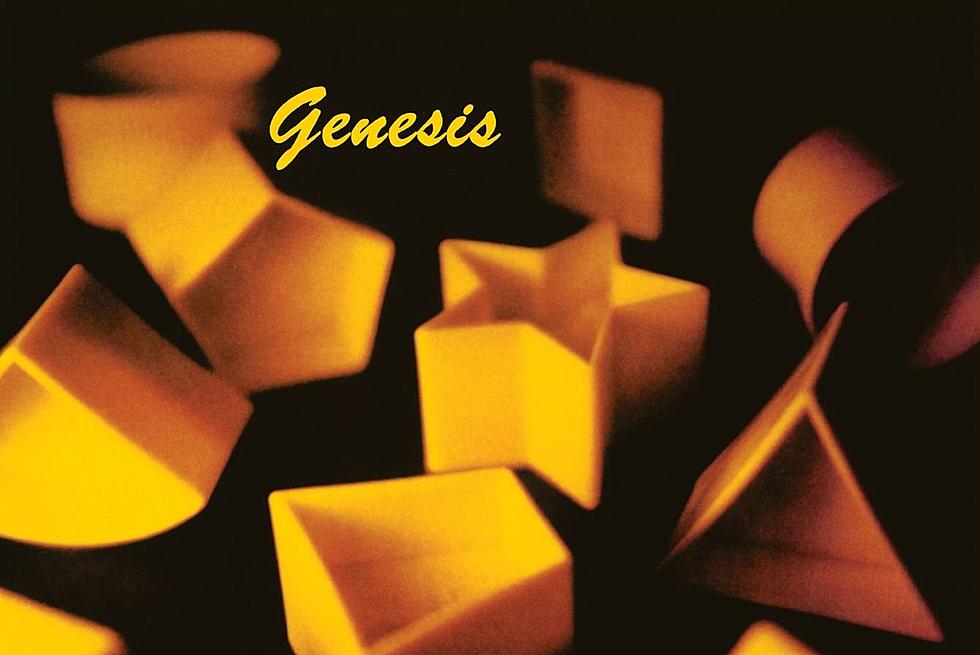
How Genesis Moved Into the Phil Collins Era With ‘Trick of the Tail’
After more than 400 audition tapes, Genesis realized that they had a replacement for departed singer Peter Gabriel already among their ranks. But Phil Collins' ascension didn't guarantee anything for the group – not in creative or commercial terms.
They'd initially entered Trident Studios to record A Trick of the Tail, which was released in February 1976, without having promoted Collins to singer. That left producer David Hentschel without any real sense of direction for the project. It was only after Collins took a shot at singing "Squonk" that something clicked.
"That first few days writing, we coulda gone over and coulda gone under," Genesis co-founder Mike Rutherford once told Washington Life. "But the first day of writing with myself, Phil and [fellow co-founder] Tony [Banks] actually, it took off."
This new alchemy, borne in a moment of deep confusion, would ultimately take Genesis far afield of the band's original progressive-rock roots, something hinted on The Trick of the Tail with the soaring ballad "Ripples." They quickly left behind the more ominous narratives, if not yet all of the complexity, that had dominated Lamb Lies Down on Broadway, 1975's Gabriel finale.
"The Lamb was a hard album to make," Rutherford admitted in a talk with Innerviews. "The whole concept of The Lamb was darker, longer, and it was a real uphill battle to finish. That’s why A Trick of the Tail was easier to make. It was lighter, Phil was singing, and we had a whole new scenario with a breath of fresh air."
Listen to Genesis Perform 'Dance on a Volcano'
Genesis opens with the band-written "Dance on a Volcano," a moment of collaborative euphoria that speaks volumes about their new-found confidence. From there, Banks' "Robbery, Assault and Battery" and the title track hinted at the humor that surrounded some of Genesis' earliest work together. "Squonk" builds off a thunderous Led Zeppelin-esque cadence, while "Mad Mad Moon" brings in classical themes. The loosely swinging "Los Endos" closes things out, recalling elements of both "Dance on a Volcano" and "Squonk."
Collins, however, wasn't the only emerging new voice. Guitarist Steve Hackett took a more central role with the delicately conveyed epic "Entangled," having just released 1975's Voyage of the Acolyte, his solo debut.
"I was really edging away from the group at that point," Hackett told Dave Negrin. "I was getting tired of bringing ideas into the group, which I felt they weren't going to do. If the ideas were more radical, they weren't necessarily going to do them. I felt that the band was heading towards an area that was becoming very safe."
Indeed, they were – and Hackett would leave the band after one more album. But for now, Genesis had not only weathered Gabriel's departure, they had also achieved a new momentum. A Trick of the Tail matched their best-ever U.K. chart finish at No. 3, and found Genesis in the U.S. Top 40 for the very first time – a place in which they would soon become very comfortable.
Top 50 Progressive Rock Artists
See Phil Collins in Rock’s Craziest Conspiracy Theories
More From Ultimate Classic Rock









